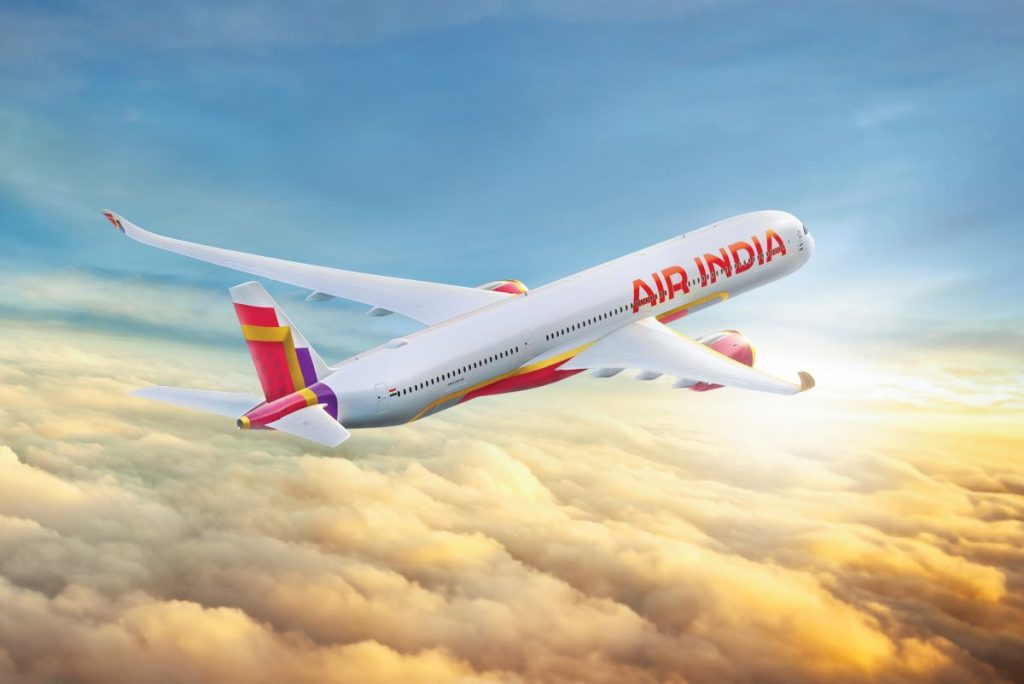The merger of Vistara and Air India marks the end of a lengthy process to consolidate various aviation entities into one airline business. The merger, which has been ongoing for over 20 months, is expected to be completed on November 12. Vistara will stop accepting bookings for flights beyond November 11, with existing bookings transitioning to Air India’s booking systems. Initially, customers may not notice many changes, as aircraft with Vistara livery will still be flying until they undergo heavy checks and potentially receive an Air India livery. Crew rosters are expected to remain the same, with both airlines likely operating under a common brand name but two separate sub-organizations until early 2025.
Most Vistara corporate staff have already been seconded to Air India roles, and frontline staff such as pilots and cabin crew will be transitioned once the merger is completed. Club Vistara members have been informed about the merger into Air India’s loyalty program, Flying Returns, with their status protected for at least a year and points transferred on a 1-to-1 basis. While some customers have raised concerns about the potential decline in quality of service post-merger, Air India’s global recognition and legacy appear to have won out over Vistara’s shorter lifespan.
The history of the merger traces back to the Tata Group’s takeover of Air India in 2022, along with Air India Express. Vistara, launched in 2015 with 49% equity ownership by Singapore Airlines, had its roots in previous failed partnership attempts between Tatas and Singapore Airlines. Over the years, the two entities had explored various opportunities to work together, including proposals for an Indian-based airline and bids for Air India privatization. In September 2023, the Competition Commission of India granted clearance for the merger, with Singapore Airlines set to become a 25.1% shareholder in the combined entity in exchange for its investment in Vistara and additional cash infusion into Air India.
As the merger between Vistara and Air India progresses, customers can expect changes in booking systems, livery updates on aircraft, and eventual integration of loyalty programs. The consolidation of these two major airlines represents a significant milestone in the aviation industry, ending a years-long quest for Singapore Airlines and Tata to co-own Air India. Despite some initial concerns from customers about potential declines in service quality, the merger is seen as a strategic move to streamline operations and strengthen the presence of both airlines in the market. With the merger expected to be completed in the coming weeks, stakeholders will be closely monitoring how the integration process unfolds and the impact it has on the overall performance and reputation of the combined entity.


